How Pet food affects behaviour in dogs.
Dogs and cats are carnivores; they have evolved over millennia to eat meat, fat and bone. Their digestive system is optimised for this sort of food. However high-quality raw meat and bone can be expensive. Carbohydrates are cheap calories to feed, much cheaper than meat.
The pet food industry is a huge business worth billions of dollars, and profit is the only thing that’s important, not your pet’s health. Many of the nutrients in kibble are lost during the high heat process so flavour enhances, and synthetic nutrients are added to replace what has been lost. Diverse types of acrylamide and other carcinogens are created in this process, which could be detrimental to your dog’s long-term health. This leads to all sorts of health problems over time and sometimes even behavioural problems.
Commercial pet foods are designed to be addictive. They are made highly palatable by adding salt, which is bad for the kidneys and dehydrates the body. These additives mask the fact that the food itself is awful. Most dogs would not touch it without these addictive and harmful additives.
Behavioural issues.
What you put into your dog’s body and the food they eat has an enormous impact on how they feel and behave overall. An unbalanced diet and food that is highly processed and high in carbs and fillers leave your dog feeling uncomfortable and lethargic or they may go the other way and become hyperactive and destructive from too many sugars. Many commercial dog foods rely on carbohydrates and sugars as their primary ingredients.
How can commercial dog food be contributing to behavioural issues? A starchy high carb diet creates blood sugar spikes and energy crashes. Most commercial dog foods and kibble are made with starches and sugar as their primary ingredients using corn, and grains. These ingredients cause blood sugar spikes where you will see glucose peaks and energy surges followed by glucose troughs and energy crashes. By switching your dog off kibble and onto a high protein diet you promote stable blood sugar levels and fewer energy spikes.
An unbalanced diet may leave your dog irritated and behaviours can come out in other ways such as your dog being reactive or aggressive. Just like humans when a dog is eating an unbalanced diet it leaves them feeling uncomfortable. Too little protein can lead to depression and low mood, your dog needs protein above any other macronutrient to survive. When your dog is eating a diet too low in protein as many commercial kibbles are, they may end up with a tryptophan deficiency. Tryptophan is an essential amino acid that assists in the creation of serotonin, the chemical neurotransmitter known for creating feelings of happiness. On a low protein diet, you end up with unstable moods and with low levels of tryptophan your dog has difficulty producing serotonin.
Low quality protein may cause overexcitable dogs. Many of the meats used in commercial pet food are either meat by-products or are so refined and broken down that those complicated chains of amino acids become single amino acids. You go from complex and protein rich foods to highly processed single amino acids. Glutamate becomes the most readily available amino acid to digest, and Glutamate is an excitatory neurotransmitter. When a complex protein gets broken down so that all that is left is Glutamate, you see over-excitable behaviour in your dog.
How can you change your dog’s diet? Choose an unprocessed whole foods diet that is high in protein like raw dog food. Major benefits when it comes to behaviour include the fact that it is high in protein, which helps in serotonin creation. It keeps the protein in its original complex state with chains of amino acids that reduce excitability, and the raw food diet is low in carbs which means less discomfort, bloating and aggression.
Probiotics for your dog’s gut are so important, clinical studies are finding that gut
bacteria send important chemical messages to the brain and these chemical messages can have a significant impact on your dog’s mood. The brain and gut are connected, and it is referred to as the gut-brain axis, so making sure your dog is on a good probiotic with their diet is essential for your dog’s wellbeing and health. Look at https://www.jpholisticnutrition.com for our probiotic fibre supplement and our omega 3.
Justine Shone
JP Holistic Nutrition





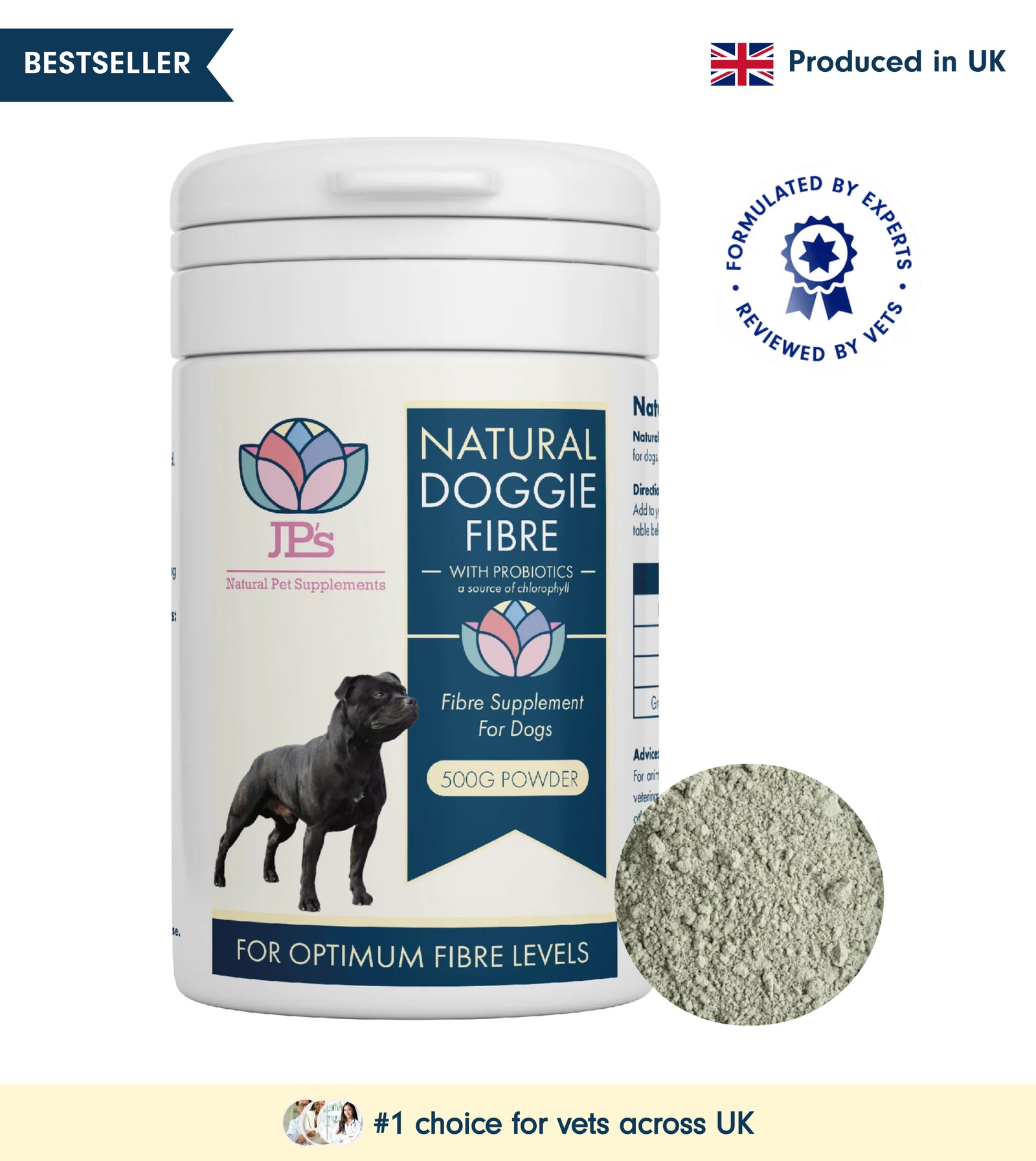
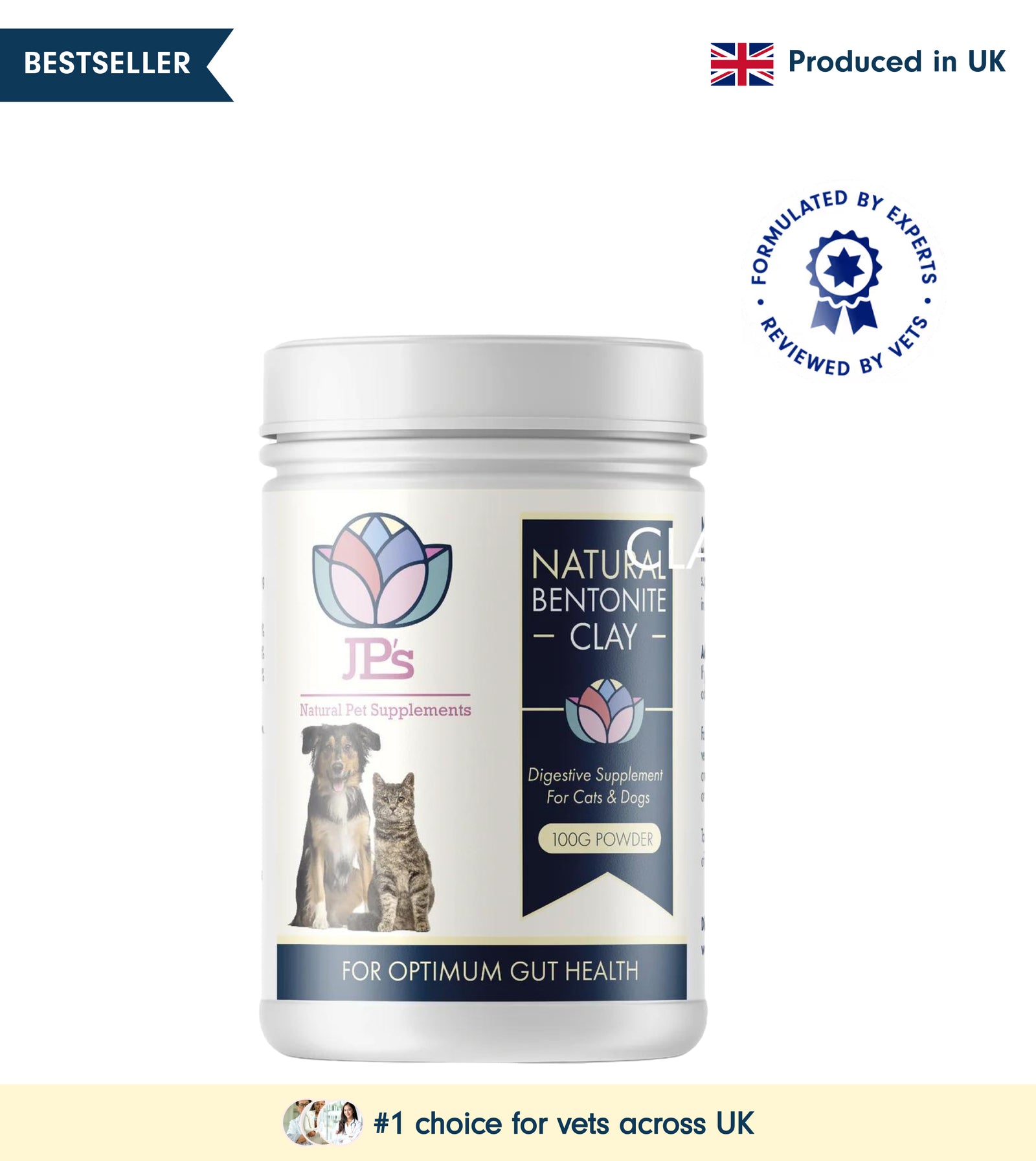
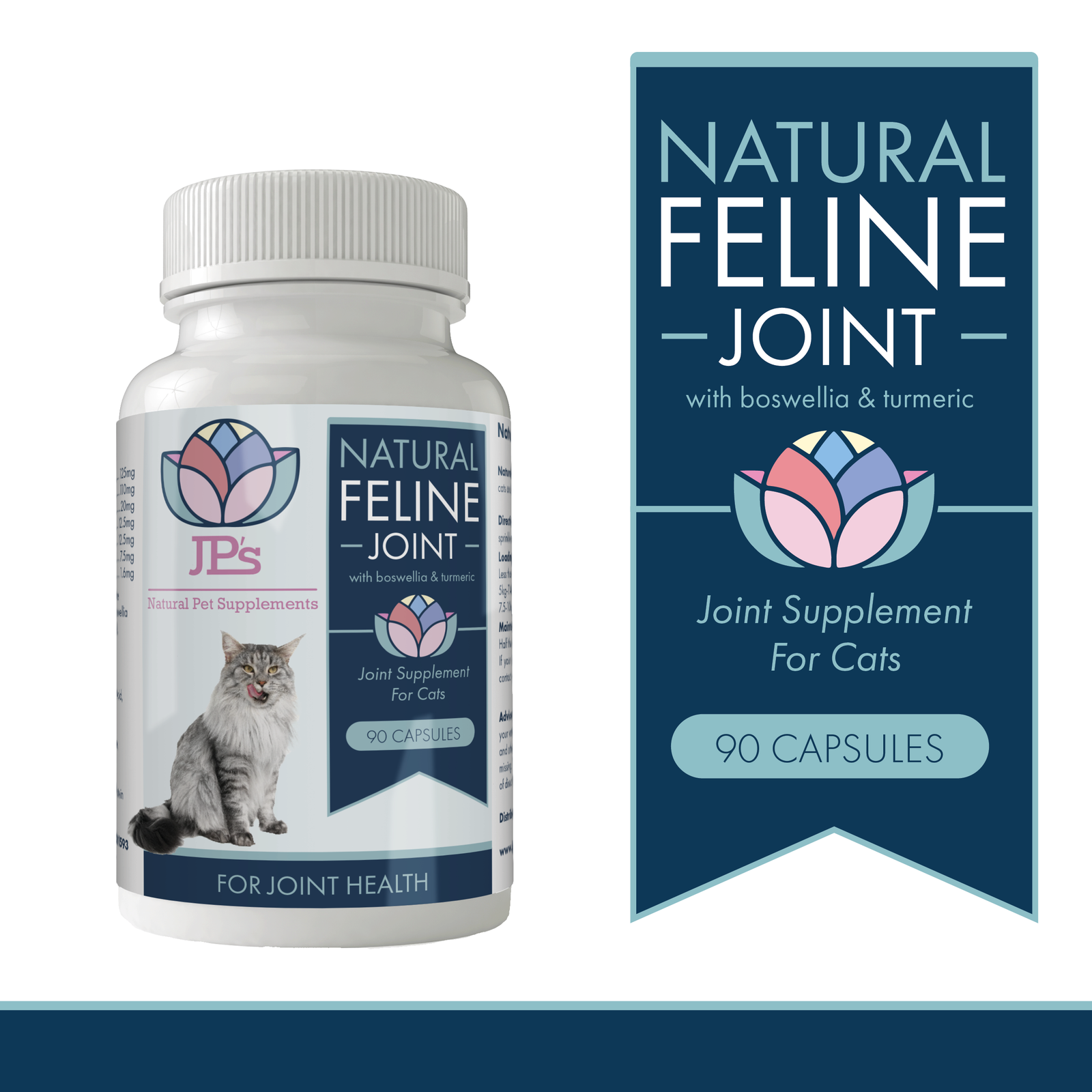
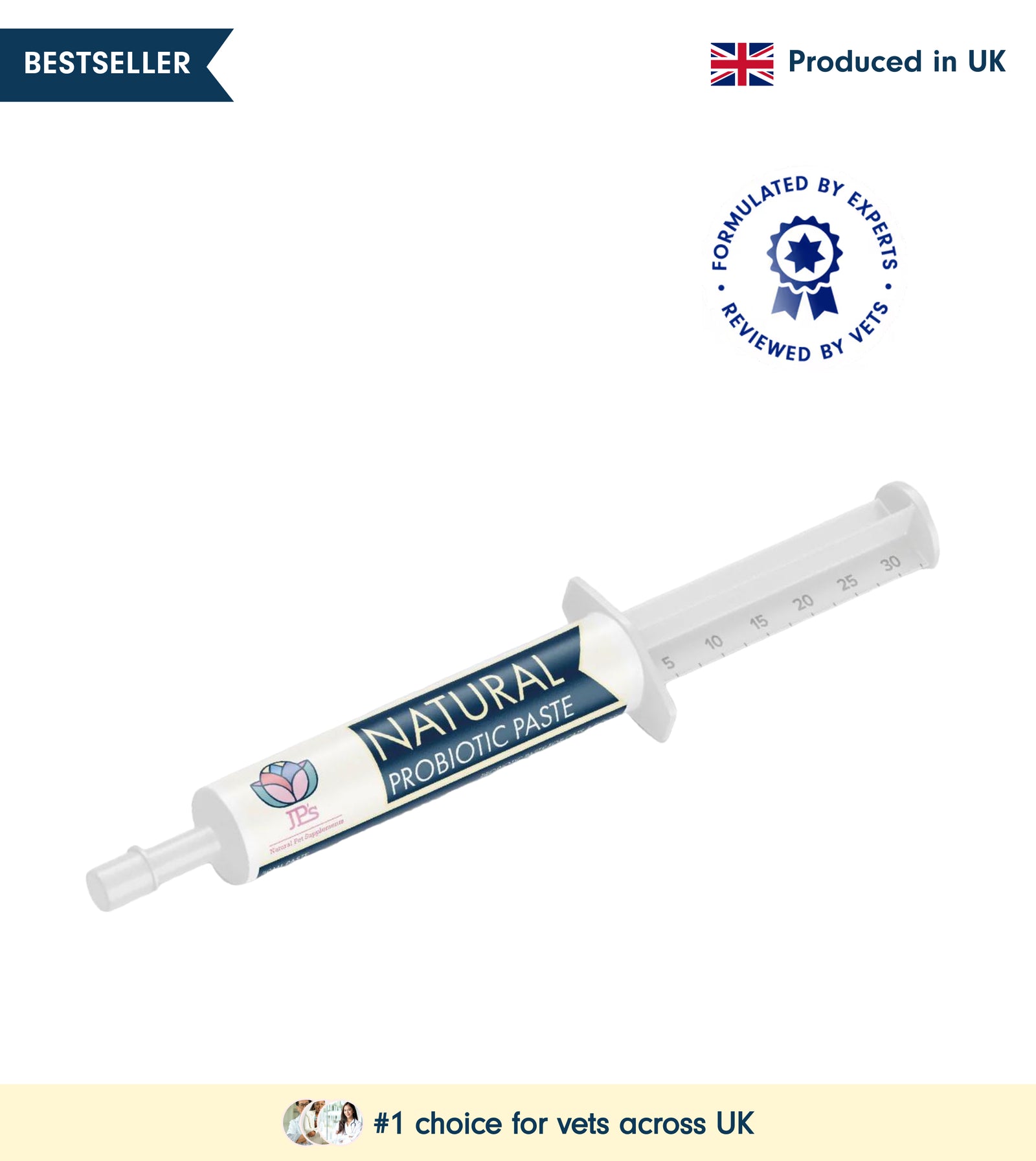
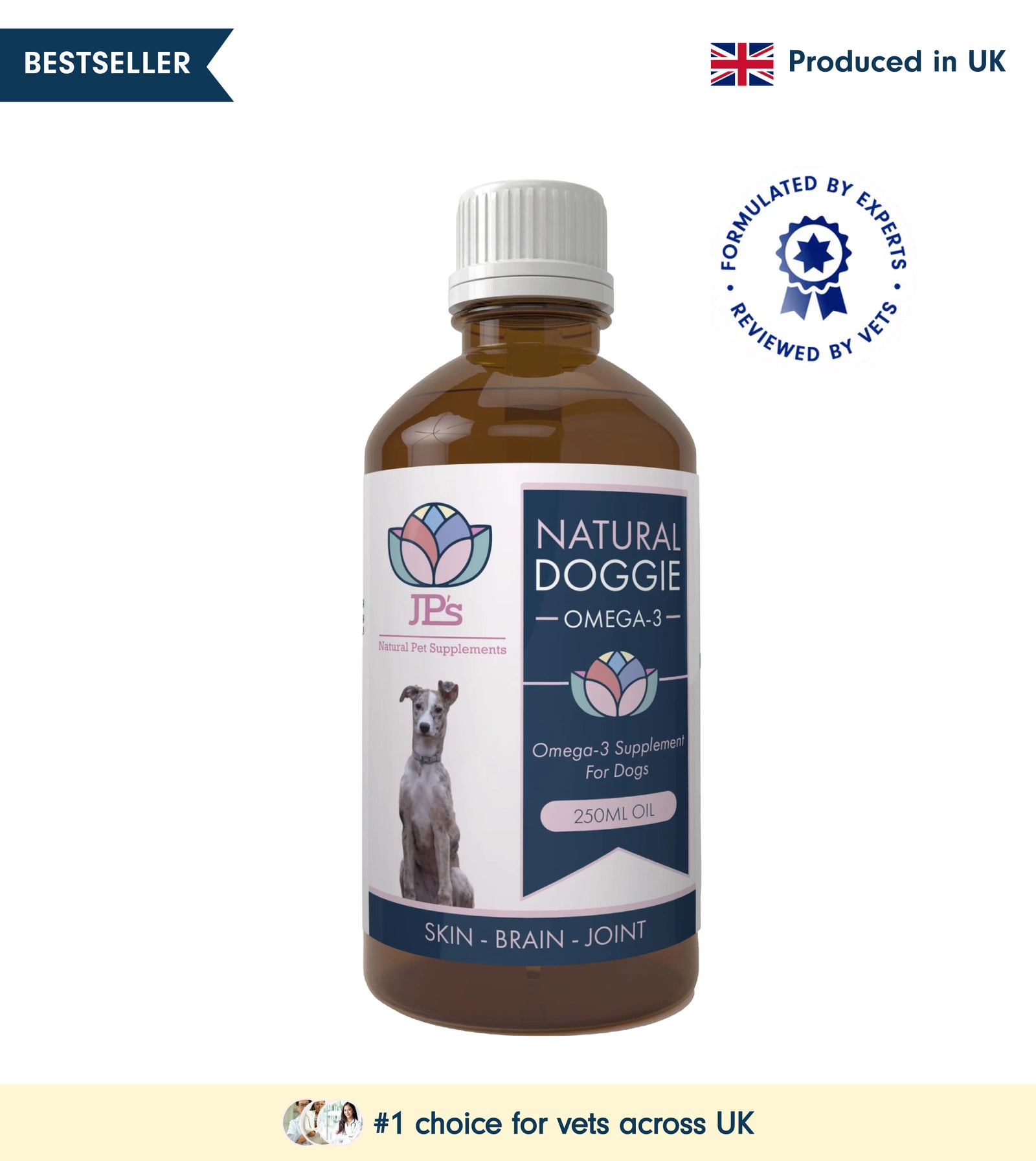
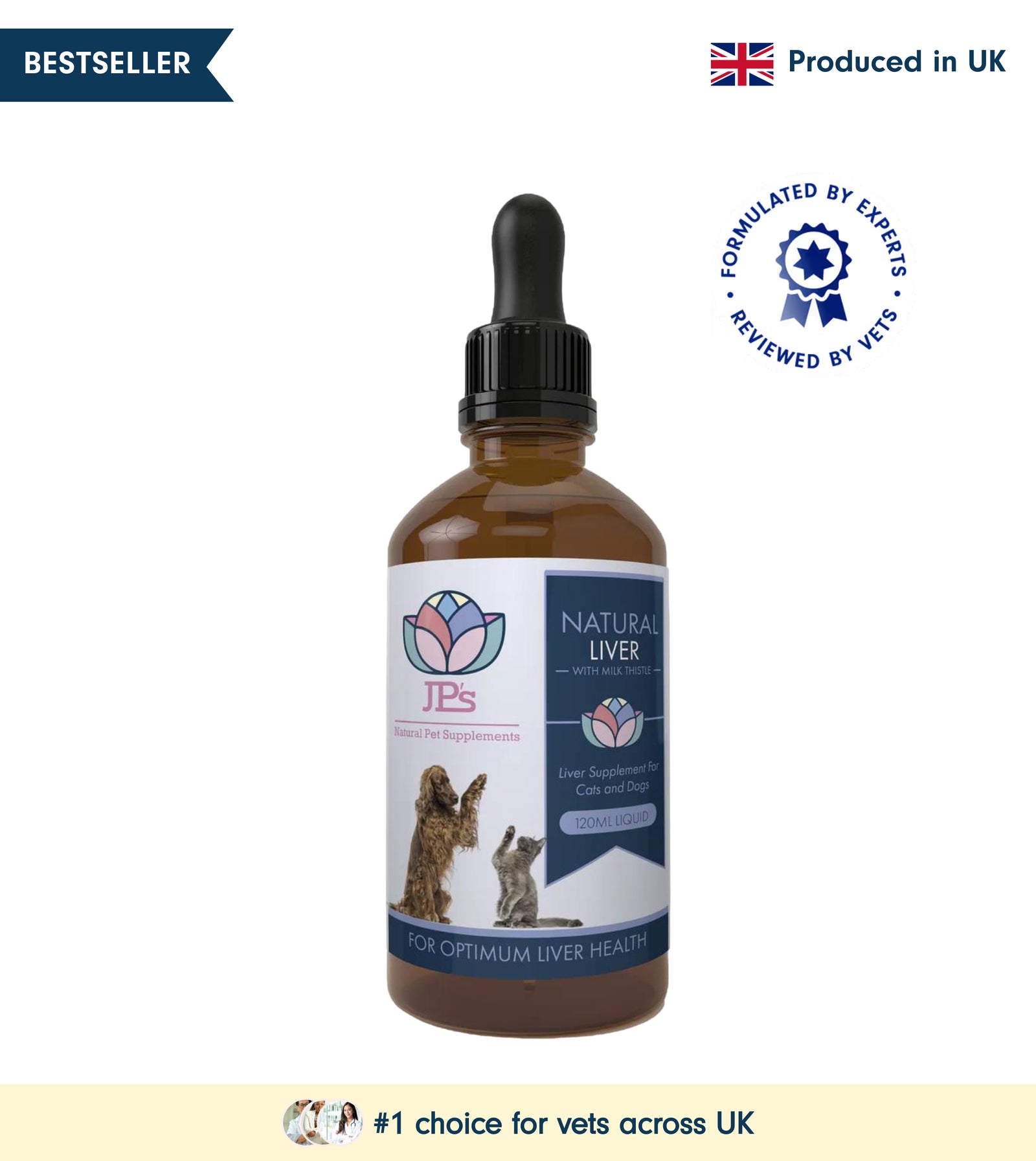

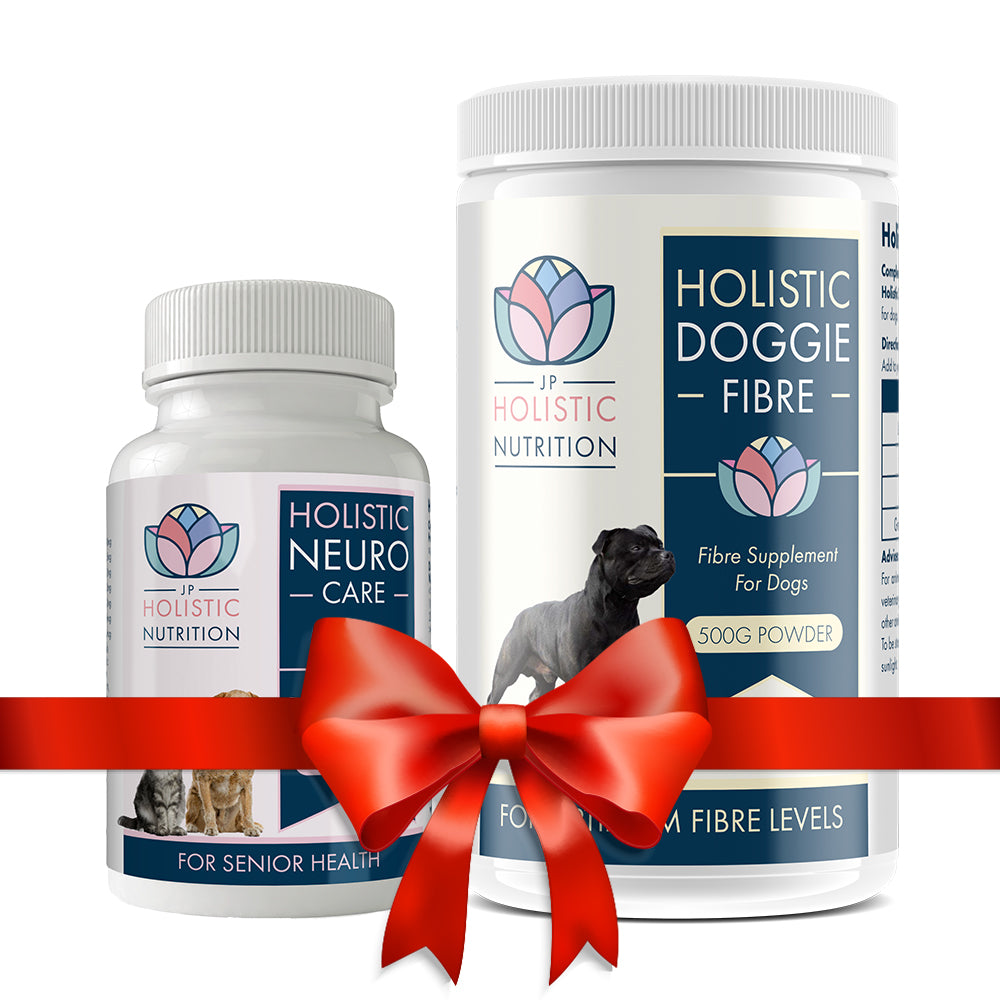
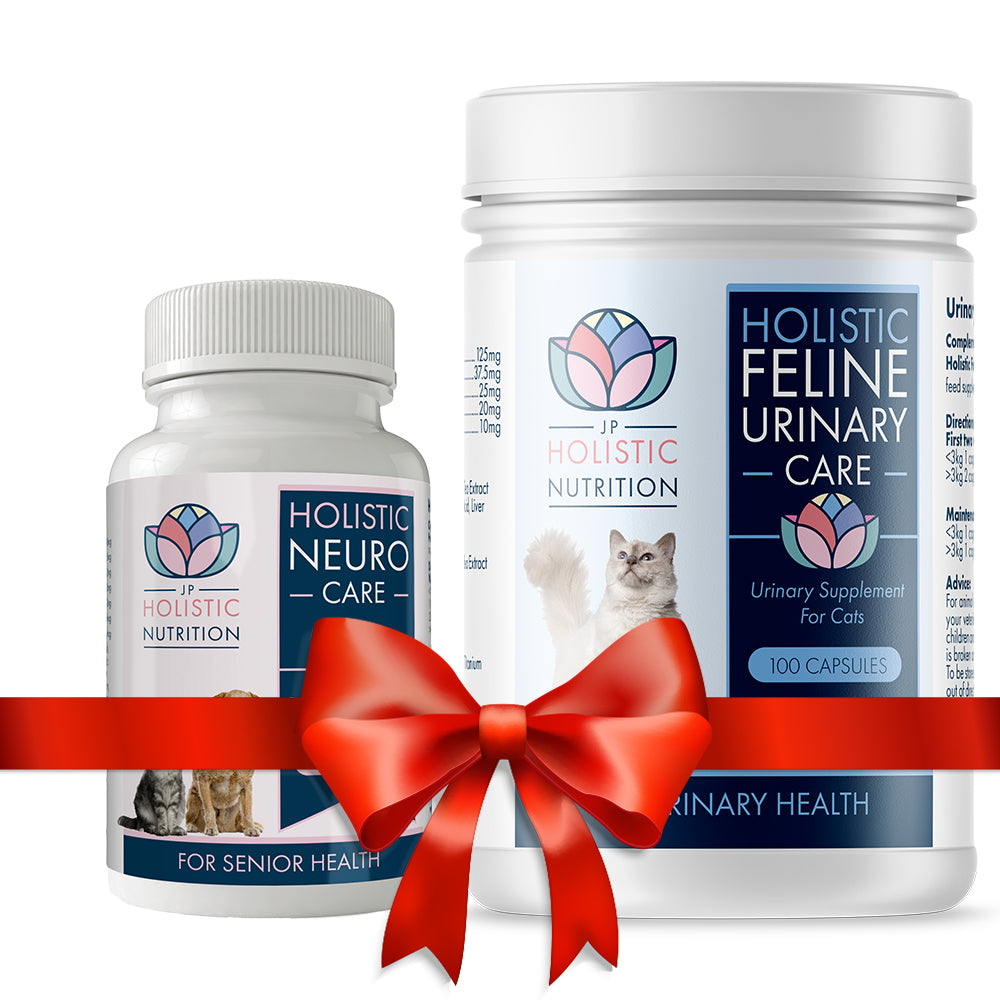
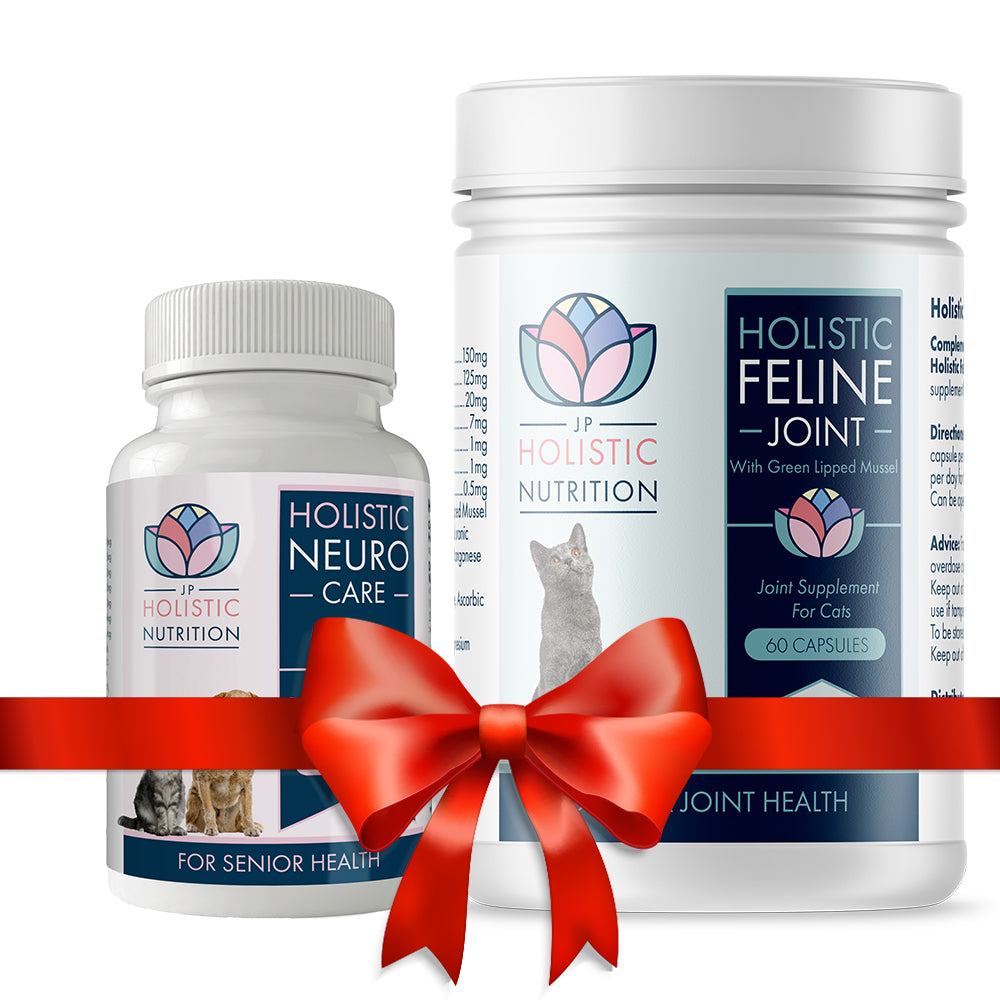




Leave a comment (all fields required)